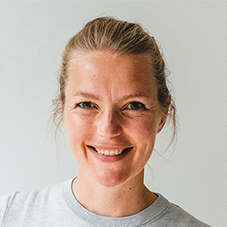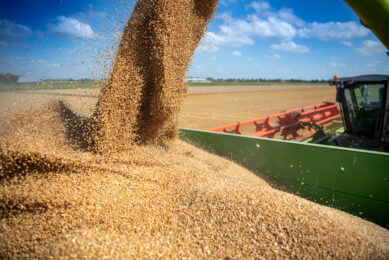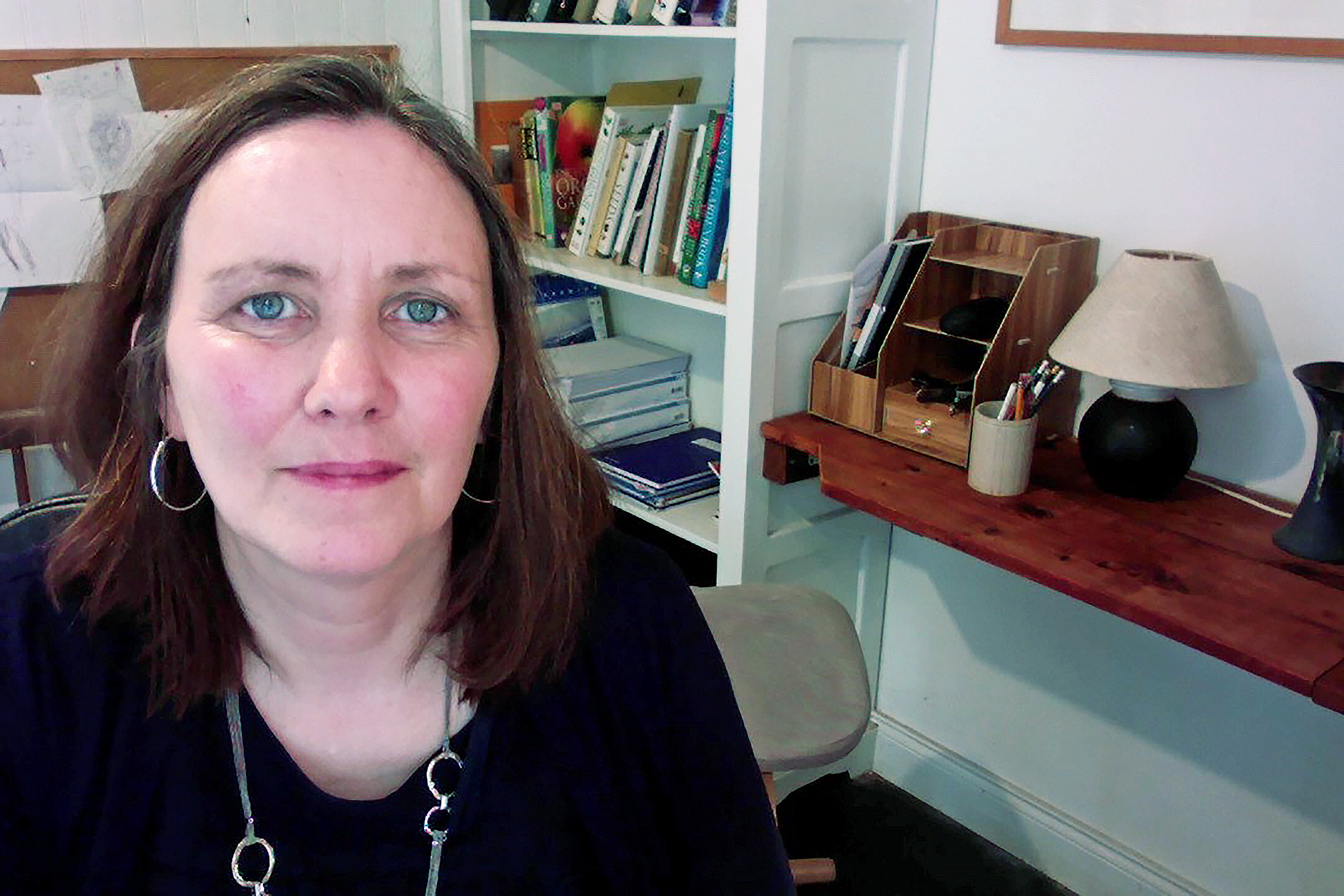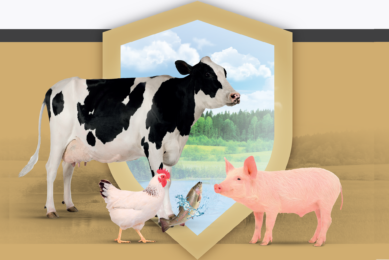Early bird registration WMFmeetsAsia now open
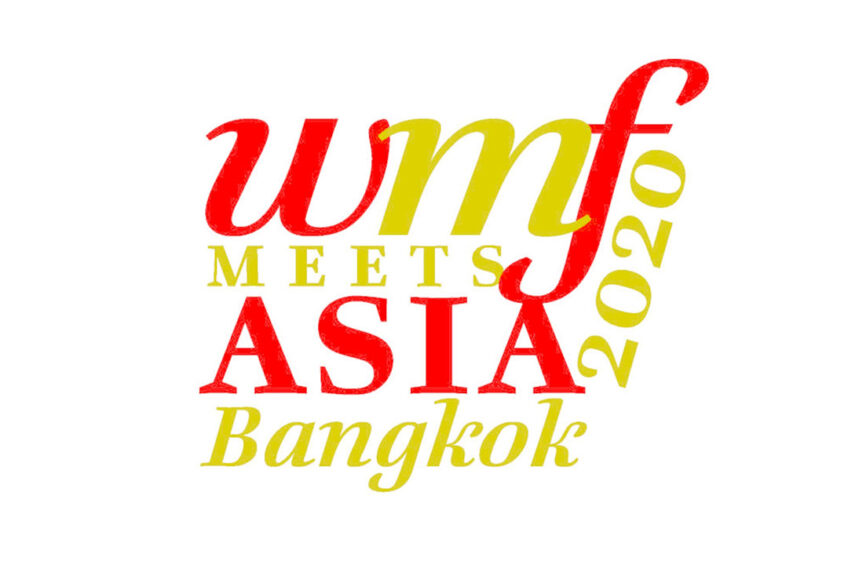
The first edition of the WMFmeetsAsia 2020 will be held between January 13-15 in Bangkok, Thailand. The early bird registration is now open.
Mycotoxins that contaminate crops and animal feed have been recognised as a risk to farm animals and humans, and account for considerable economic costs to the feed and food industries. With the growing livestock and aquaculture sectors in Asia, the need to have effective mycotoxin strategies in Asia is becoming a key topic for nutritionists, veterinarians, researchers, raw material handlers and all players in the agro-food chain.
Human and animal health risks
The aim of WMFmeetsASIA – the world’s largest mycotoxin event – is to increase the awareness of human and animal health risks due to mycotoxin contamination. It offers a platform for the food and feed industry, science and regulatory authorities to exchange current knowledge, to promote harmonisation of food and feed safety regulations and control procedures, and to make recommendations for integrated strategies ensuring the safety and security of food and feed supply chains.
WMFmeetsASIA will take place in the same week as the first edition of VIV health & nutrition Asia 2020. The event will be organised by Misset International, the publisher of the international multimedia brand All About Feed, in cooperation with Bastiaanse Communication, the creator and organiser of the regular editions of the World Mycotoxin Forum.
WMFmeets IUPAC in Belfast
Before we move to Bangkok, there is the WMFmeetsIUPAC – the joint conference of the 11th Conference of The World Mycotoxin Forum® and the XVth IUPAC International Symposium on Mycotoxins – that takes place in Belfast, Northern Ireland, 14-16 October 2019. The event will build on the success of the previous conferences held in Rotterdam, the Netherlands (2012) and Winnipeg, Canada (2016). The aim of WMFmeetsIUPAC – the world’s largest mycotoxin event – is to increase the awareness of human and animal health risks due to mycotoxin contamination.
Join 13,000+ subscribers
Subscribe to our newsletter to stay updated about all the need-to-know content in the dairy sector, two times a week.


